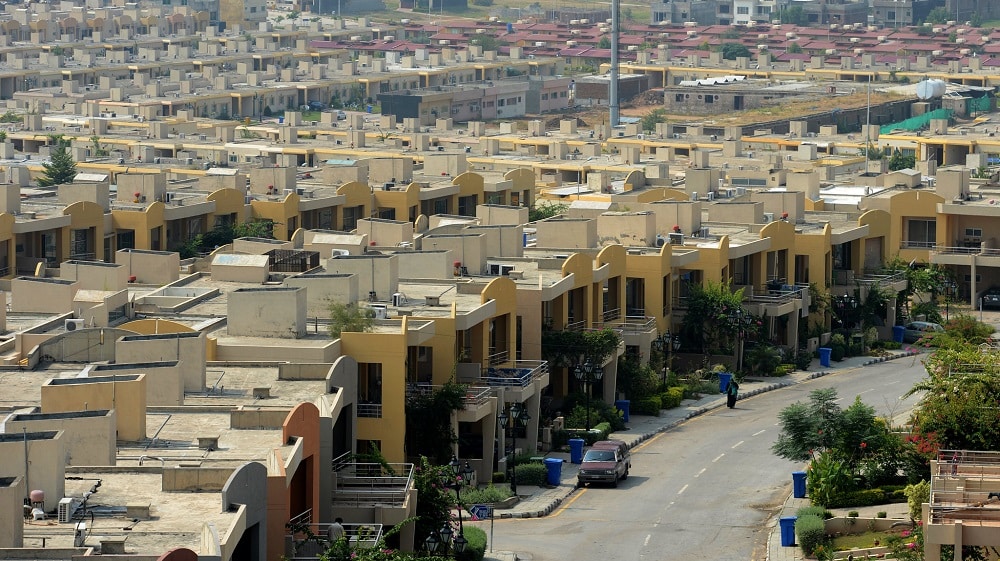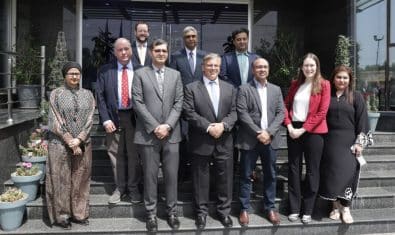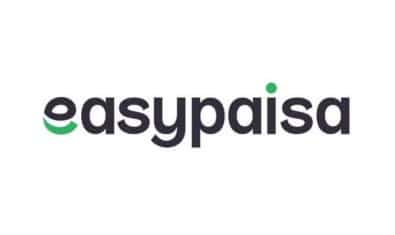The World Bank has asked the Federal Board of Revenue (FBR) to issue updated valuation tables of immovable properties across Pakistan, expand the tax base, improve audit capacity and real-time monitoring of the point of sales system under the WB-funded Pakistan Raises Revenue (PRR) program.
In this connection, a meeting will be held between the WB and the FBR team of members on coming Thursday.
Sources told ProPakistani that the total cost of the Pakistan Raises Revenue (PRR) Project is estimated at US $1.6 billion, of which counterpart contribution is $1.2 billion and IDA financing is $400 million. It is expected that the program will be completed by December 2024.
The FBR will issue increased values of immovable properties in the next 1-2 months. The FBR has started the process of the updation of valuation tables of properties across Pakistan in consultation with the provincial authorities.
The meeting is also expected to discuss the status of the single returns portal for provincial general sales tax (GST) authorities under the GST harmonization agenda.
The FBR has harmonized the definitions of economic activities subject to GST harmonization with all four provinces. Some progress has also been made on harmonized definitions of goods and services subject to GST by federal and provincial governments.
Under the WB-funded program, the FBR has also finalized a Stakeholder Engagement Plan (SEP) to engage stakeholders effectively during the life of various ongoing tax reform projects.
The FBR’s plan revealed that the FBR is undertaking the Pakistan Raises Revenue Project (PRRP) to upgrade FBR’s Information and Communication Technology (ICT) across Pakistan.
The objective of the project is to contribute to a sustainable increase in domestic revenue by broadening the tax base and facilitating compliance. The project’s classification for social risks is moderate owing to the risks of exclusion and labor-related risks.
Environmental risks are classified as moderate pointing to the risks associated with e-waste management. Consequently, the overall environmental and social risks classification of the project is “moderate”. The PRRP is subdivided into two components.
Component 1 includes the simplification of the tax administration framework to make procedures, more transparent and intelligible to taxpayers and tax administration staff. It also focuses on the implementation of risk-based inspections and Post-Clearance Audits (PCA) in Customs, the expansion of e-services for taxpayers and traders, and the institutional development of FBR for efficiency and accountability.
Component 2 of PRRP targets the replacement of outdated ICT equipment from FBR offices across Pakistan. The intervention includes upgrading the high-capacity data warehouse to support big data analysis and integration of databases along with the replacement of equipment that has reached its useful life in the FBR’s data centers.
The ICT equipment to be replaced and provided through PRRP will include computers, printers, copiers, and scanners as well as networking components such as network switches, routers, and servers. Component 2 also has the provision of vehicle/container scanners under the Pakistan Customs Automated Entry-Exit System (AEES) to be installed at seaports and airports.
Following the World Bank ESSs Environmental and Social Commitment Plan (ESCP), and ESS10, as well as national and provincial laws and Good International Industrial Practices (GIIP), the SEP is being finalized to engage stakeholders effectively during the life of the project.
WB Concerned Over Massively Undervalued Immovable Properties
The World Bank has noted with concern that the valuation tables of immovable properties massively understate current market values.
The World Bank Pakistan Development Update (PDU) recommended that the potential provincial revenue sources remain underutilized, including agriculture and property taxation Pakistan’s provinces are assigned three significant sources of revenue: sales tax on services, agricultural income taxation, and property taxation.
The World Bank’s and the IMF’s respective tax policy reviews have analyzed agricultural income taxation and have highlighted the resulting fractionalization of the income tax base due to the split between federal and provincial governments and the exceptionally low revenue performance, despite the agricultural sector’s substantial contribution to GDP.
Property taxation, which is a shared responsibility between provincial, district, and town governments, has low collection rates driven by valuation tables that understate current market values and/or the potential income from property, especially for self-occupied property.
More recent academic literature on provincial property taxation has highlighted that property tax collectors face few incentives to raise revenue, the report added.






















